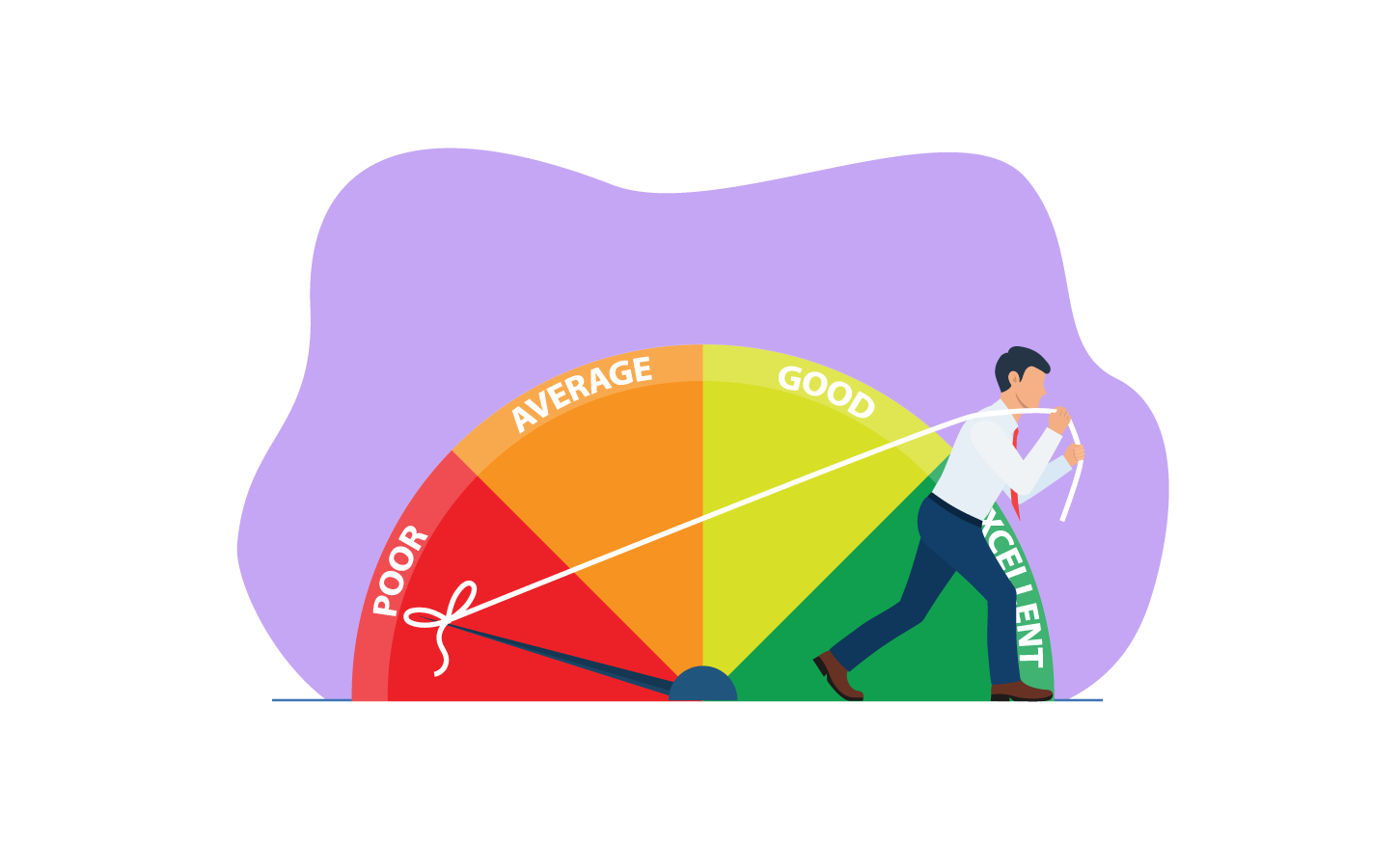According to Mercer, a global consulting firm’s Cost of Living Survey, Singapore ranked number 5 in the world’s most expensive cities for expatriates. Although one living here may find that daily living costs such as food and transport really doesn’t cost much, costs of housing and having a car ranks as one of the most expensive in the world.
And with more than 90% of Singaporeans being home-owners, it is little wonder that many of us have outstanding debts, at least a mortgage loan. While not all debts are bad, is there a way to live here without taking on unnecessary debts?
Household Liabilities
Source: Singstat
As you can see from the above graph, 75% of our household liabilities come from mortgage loans, but there is still 25% coming from personal loans. While the amount of personal loans we take on has definitely dropped significantly from the years of 2011/2012, there was a minor spike at the start of 2017.
Since January 2018, the new Credit Limit Management Measure will cap the additional unsecured credit that a financial institution can lend to a borrower whose outstanding unsecured debts exceed six times his monthly salary. While the government has done its part to help limit the amount of debt one can take on, the best effort to cut down debt is on your own. So here are some helpful steps you can take to reduce debt this year!
1. Cut down on credit spending
Do you find yourself mindlessly swiping your credit card when you are out shopping along Orchard Road? You know that your bank account is close to zero, and while you are awaiting for your salary to come in a few days’ time, using your credit card looks like a good solution to your cashflow problem… until you overspend. How many of us can stop ourselves from overspending? If that’s a problem for you, perhaps it’s time to either leave your credit card at home, or cancel it entirely.
2. Stick to your monthly repayments
If you currently hold some debt, make sure you pay off the monthly repayments entirely to avoid paying more interest. Ensure that the payments are prompt as well so that you are not liable for late payment fees.
Having problems paying the minimum sum each month? If you find that this happens one too often, it’s time to sit down and have a look at your current income and expenses for you to work out a budget that can include fixed debt repayments.
3. Prioritise your debts
Maybe you’ve taken on a $10,000 loan and foresee yourself paying it off within a few months. Little do you know that the interest rates can increase rapidly and before you know it, you find yourself drowning in a cycle of debt. This is why if you have a few loans to pay off, it makes sense to pay off the more pricey debts first to reduce your load substantially.
4. Start saving
If your debt repayments are in place, you can start to build up a reserve of cash for emergencies. According to Credit Counselling Singapore, the top 5 reasons that we get into debt is:
- Overspending
- Retrenchment/pay cut
- Business troubles
- Large medical bills
- Gambling
Other than overspending, issues like job retrenchment and incurring a large medical bills are situations where you can’t really control, so the best is to have contingency plans on hand. Start by saving 10% of your monthly income if you can afford, and build it up to an amount that equates to 6x your monthly income and set it aside as an emergency fund.
5. Live with what you really need
There’s a clear difference between needs and wants – a car may be seen as a need by someone, but a want for me. So rethink what you really need in your life to help you strip off the unnecessary. This can unknowingly help you save up quite a bit when small savings accumulate into substantial amounts. This can be regular spending on hobbies, $25 brunch instead of a $5 hawker breakfast or the simply not taking cabs anymore.
When you do this, you realise that you can actually live with much less and this may even help you shift your mentality towards not having to take on more debts in your life.
About the Author

Led by a team with invaluable expertise across Singapore’s licensed moneylending, banking, and finance industries, CompareSing provides users with a streamlined yet informative experience at every step of their loan journey.


















